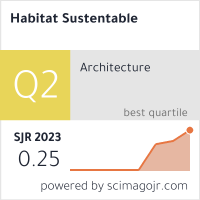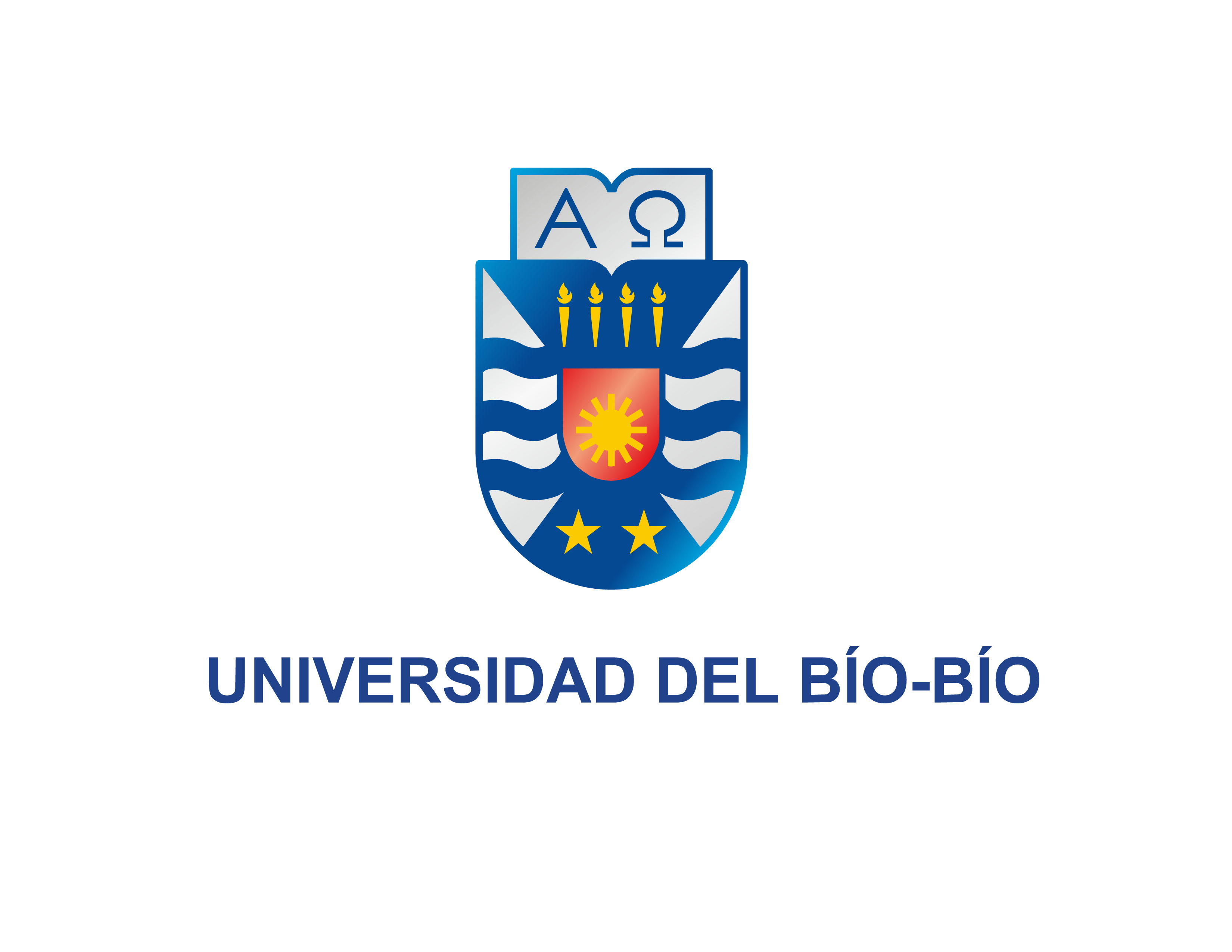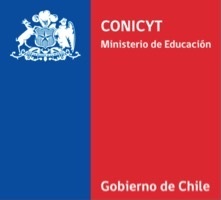Simplified analysis of energy efficiency of a rural school in La Pampa - Argentina - during its Life Cycle
Keywords:
Energy efficiency, rural school, life cycleAbstract
The case study of this work is a rural school in La Pampa Region of Argentina where the energy efficiency of a construction system of traditional local use is compared to that of its improved version, based on passive design systems during its life cycle. In addition, Greenhouse Gas Emissions saving values are estimated according to the energy matrix of Argentina. The energy efficiency of a building involves the overall consumption for its construction process (extraction, transport and assembly of materials), on-site installation, maintenance and dismantling, recycling and final disposal of waste. Knowing this data in the preliminary stage can be of benefit since it would allow to evaluate the selected materials in terms of energy saving and cost in order to recover its value during its life cycle and introduce other design alternatives. At present there are significant problems derived from resource shortage. The analysis of the LC should be a significant contribution to the construction field concerning the awareness of energy saving and efficiency and thus fostering sustainable development of society.
Downloads
Downloads
Published
How to Cite
Issue
Section
License
The content of articles which are published in each edition of Habitat Sustentable, is the exclusive responsibility of the author(s) and does not necessarily represent the thinking or compromise the opinion of University of the Bio-Bio.
The author(s) conserve their copyright and guarantee to the journal, the right of first publication of their work. This will simultaneously be subject to the Creative Commons Recognition License CC BY-SA, which allows others to share-copy, transform or create new materials from this work for non-commercial purposes, as long as they recognize authorship and the first publication in this journal, and its new creations are under a license with the same terms.











 Scientific Information Program/Concurso Fondos de Publicación de Revistas Científicas 2018/ Proyecto Mejoramiento de Visibilidad de Revistas UBB (Código:FP180007).
Scientific Information Program/Concurso Fondos de Publicación de Revistas Científicas 2018/ Proyecto Mejoramiento de Visibilidad de Revistas UBB (Código:FP180007).





